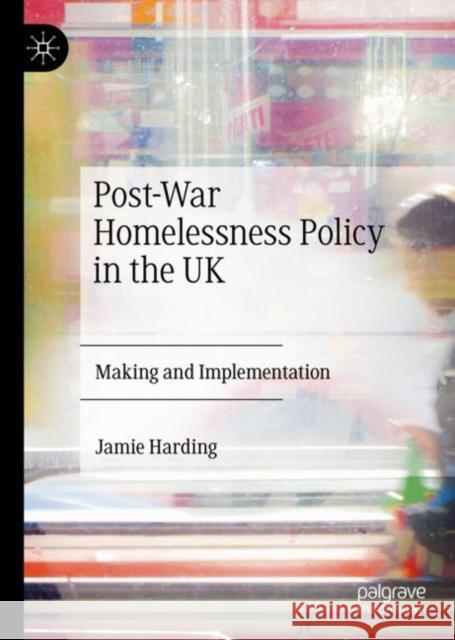Post-War Homelessness Policy in the UK: Making and Implementation » książka
topmenu
Post-War Homelessness Policy in the UK: Making and Implementation
ISBN-13: 9783030221164 / Angielski / Twarda / 2019 / 239 str.
Post-War Homelessness Policy in the UK: Making and Implementation
ISBN-13: 9783030221164 / Angielski / Twarda / 2019 / 239 str.
cena 322,01
(netto: 306,68 VAT: 5%)
Najniższa cena z 30 dni: 308,41
(netto: 306,68 VAT: 5%)
Najniższa cena z 30 dni: 308,41
Termin realizacji zamówienia:
ok. 16-18 dni roboczych.
ok. 16-18 dni roboczych.
Darmowa dostawa!
Kategorie BISAC:
Wydawca:
Palgrave MacMillan
Język:
Angielski
ISBN-13:
9783030221164
Rok wydania:
2019
Dostępne języki:
Ilość stron:
239
Waga:
0.45 kg
Wymiary:
21.01 x 14.81 x 1.6
Oprawa:
Twarda
Dodatkowe informacje:
Wydanie ilustrowane











